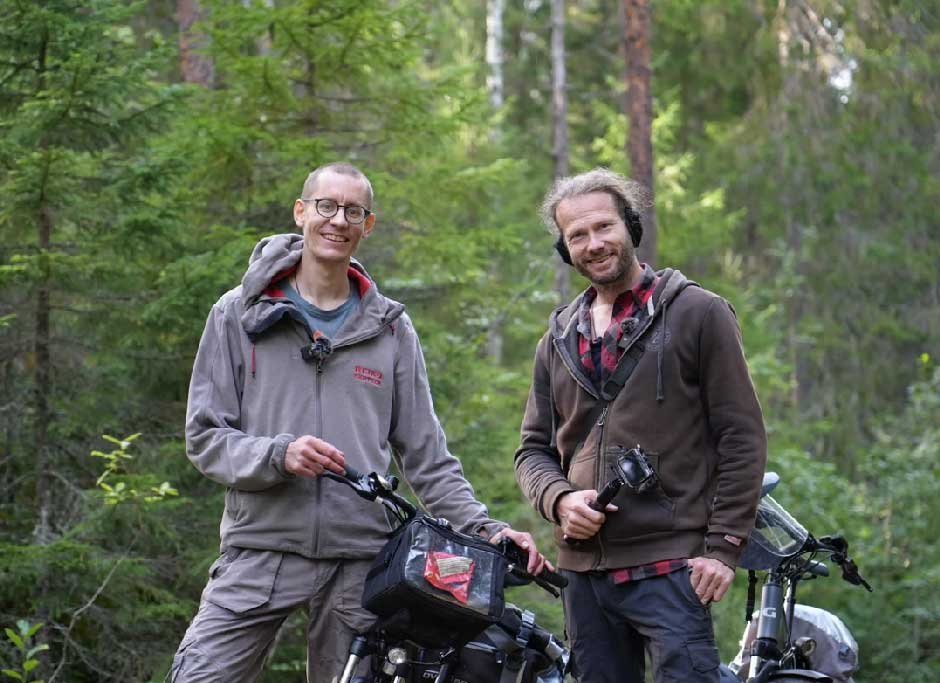Skip to the good bit
ToggleCities pulse with movement yet choke on congestion. Amid this paradox, a quiet transportation rebellion gains momentum—one powered by subtle electric assistance and human pedaling. Electric bicycles are rewriting the rules of urban mobility, merging sweat with smart technology to create a new commuting norm. But this revolution remains fragile without its unsung hero—the humble ebike tracker.
That unassuming piece of security hardware makes the difference between tentative experimentation and full transportation transformation. Yet none of this matters if riders constantly worry about theft. The right e-bike lock does more than secure a frame—it secures peace of mind, turning what-ifs into why-nots.
Movement Without the Mandate
Traditional exercise often feels like medicine—necessary but unpleasant. Electric bicycles perform an alchemical trick, transmuting workout into wanderlust. The assist function acts as an invisible training wheel for adults, giving just enough boost to make hills conquerable and distances manageable without stripping away the essential cycling experience.
What emerges is movement that doesn’t announce itself as exercise. Legs still pump, hearts still race, but the experience feels more like exploration than exertion. This subtle shift in perception changes everything—when activity stops feeling like a chore, people do it more often. The health benefits follow naturally, accumulating through repetition rather than resolution.
The Mind in Motion

Modern life suffers from speed sickness—we move too fast to think, yet too slow to feel alive. Electric bicycles hit the sweet spot between rush and rest. There’s something about the rhythmic pedal strokes combined with urban scenery that untangles mental knots. Problems that seemed insoluble at a desk often resolve themselves during a ride.
This cognitive benefit grows with regular use. Many riders report their electric bicycle becoming a moving meditation chamber, a place where ideas flow freely without the pressure of forced creativity. The consistent yet undemanding physical engagement creates ideal conditions for mental unwinding—a rare commodity in our overstimulated age.
Cities Reimagined
Urban planners have long sought the holy grail
Transportation that’s fast, clean, cheap, and space-efficient. Electric bicycles come startlingly close to this ideal. They slip through traffic like whispers, leave no exhaust trails, cost pennies per mile, and require minimal parking. But their true genius lies in distance compression—making far things feel near without the stress of speed.
This spatial alchemy changes how people interact with their cities. Neighborhoods once considered “too far” become regular destinations. Errands transform into mini-adventures. The urban landscape unfolds at the human scale rather than through a windshield. All this potential remains theoretical, however, without the confidence that comes from a trustworthy e-bike lock securing your ride at every stop.
The Psychology of Security
Theft anxiety creates invisible barriers to bicycle adoption more formidable than any hill. People don’t just need transportation—they need transportation they can walk away from without looking back. This is where security transcends practicality and becomes emotional infrastructure. A robust bike lock isn’t just metal—it’s permission to live differently.
When riders know their investment is protected, behavior shifts fundamentally. Spontaneous stops become possible. Daily commuting transitions from concept to habit. The bicycle stops being something you use and starts being something you rely on. This mental shift is the true catalyst for transportation change, and it begins with the click of a quality lock.
A Vehicle for Every Life
The electric bicycle’s beauty lies in its chameleon-like adaptability. For the time-crunched parent, it’s a school run solution. For the aging cyclist, it’s a way to keep riding. For the budget-conscious student, it’s affordable freedom. Unlike cars that demand lifestyle adjustments, these machines adapt to existing routines.
This flexibility extends beyond demographics to geography. City dwellers gain an edge in traffic. Suburbanites bridge the last-mile gap. Rural riders conquer daunting terrain. In every case, the technology serves rather than dictates. And in every case, a dependable ebike lock ensures the relationship between rider and machine remains uninterrupted by theft.
The Art of Adoption
Successful integration follows natural rhythms, not forced schedules. It begins with replacing one drive per week, then two. Favorite routes emerge organically. What started as an experiment becomes a ritual, becomes a necessity. The transition happens gradually but sticks permanently.
Three elements prove vital: choosing enjoyable routes, maintaining mechanical trustworthiness, and never compromising on security. Cities can nurture this shift through thoughtful infrastructure—protected lanes, ample parking, charging access—but the real work happens at the individual level, one unlocked potential at a time.
Unexpected Community
There’s a social alchemy to electric bicycles that nobody predicted. They move at a conversation pace—fast enough to cover ground but slow enough to notice surroundings. Chance encounters increase. Local businesses become familiar. The neighborhood transforms from backdrop to living network.
This effect multiplies through group rides and cycling communities. Knowledge gets shared, confidence builds, and what began as personal transportation becomes a collective experience. Through it all, that faithful ebike lock stands guard, enabling both the solitary rides and social connections that define this movement.
The Road Ahead
Electric bicycles are transitioning from curiosity to the cornerstone of urban mobility. Battery technology keeps improving, motors grow more efficient, and designs become more intuitive. But the most significant change is cultural—the growing recognition that this isn’t a compromised vehicle but an optimized one.
Future cities will likely reflect this shift, with infrastructure adapting to accommodate two-wheeled transportation as a central rather than alternative option. Through it all, security will remain the unglamorous but essential foundation—the ebike lock as enabler of everything that follows.
A New Way Forward
The electric bicycle offers more than transportation—it provides a template for modern living. It’s health care that doesn’t feel like medicine, environmentalism that doesn’t require sacrifice, efficiency that doesn’t compromise pleasure. By removing obstacles while preserving essence, it makes sustainable living not just possible but preferable.







